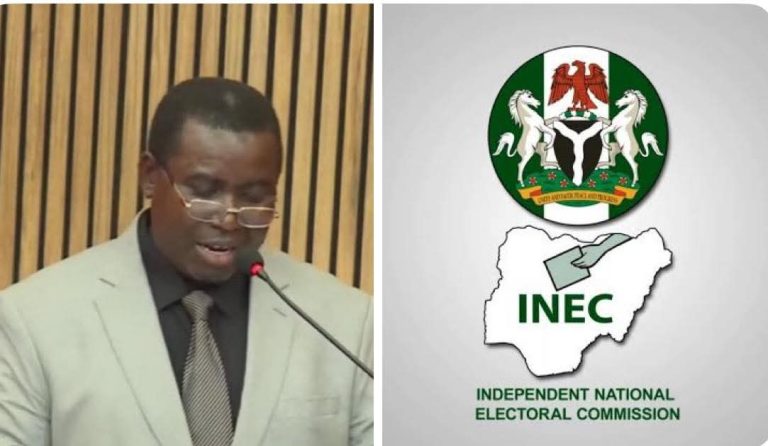
Binance disclosed this in an announcement on its “commitment to P2P users in Nigeria” on Tuesday, warning that “users behaving in a manipulative way will be removed from the platform.”
“As industry leaders,” Binance said, “We are working hand in hand with local authorities, lawmakers, and regulators to ensure we act on non-compliance.”
The crypto exchange platform further said it is “setting an upper limit for ads, filtering and removing bad ads, requiring and raising deposits for merchants posting ads as well as processes for actioning against any market manipulators.”
On Tuesday, Binance disabled sell option for its Nigerian users, blocking them from selling fiat currency, USDT, on the platform. It also capped the buy option to $1802 for Nigerian users.
It also disabled purchase of cryptocurrencies via P2P for its Nigerian users, leaving those who might want to sell their crypto assets such as Bitcoin, BNB, Ethereum via P2P stuck.
This comes as another desperate move by the Tinubu-led government to stem naira freefall against the dollar.
The naira continues to decline even after the Economic Financial Crimes Commission raided perceived currency speculators at a popular Abuja Bureau De Change hub on Monday.
Earlier on Tuesday, the National Security Adviser, Nuhu Ribadu, directed law enforcement agencies to take firm measures against anyone engaged in foreign exchange market speculation.
“In a concerted effort to safeguard Nigeria’s foreign exchange market and combat speculative activities, the Office of the National Security Adviser and the Central Bank of Nigeria are joining forces to address challenges impacting the nation’s economic stability,” a statement issued by Mr Ribadu’s office read.
It added, “The CBN’s proactive measures to stabilise the foreign exchange market and stimulate economic activities have been commendable.
However, the effectiveness of these initiatives is being undermined by the activities of speculators, both domestic and international, operating through various channels, thereby exacerbating the depreciation of the Nigerian naira.



